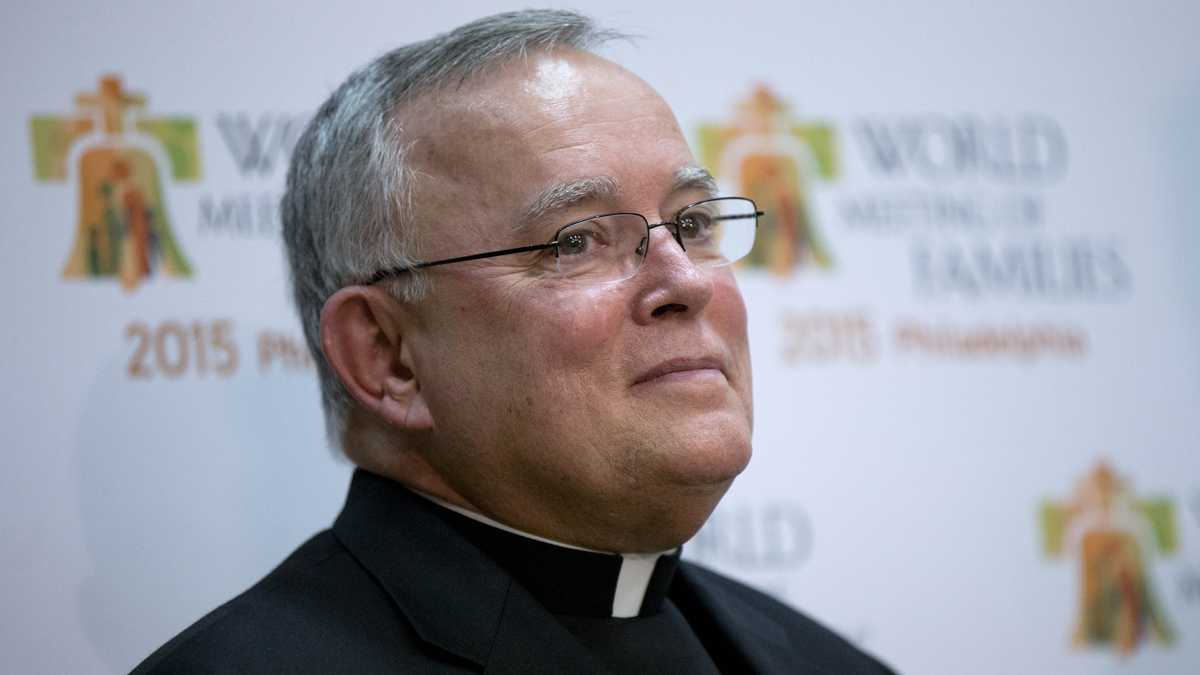What the next mayor of Philadelphia needs to do for education

Philadelphia Archbishop Charles Chaput (Matt Rourke/AP Photo, file)
With the dust settling from primary season in Philadelphia, Jim Kenney has emerged as the winner of the Democratic primary and the presumptive next mayor of the city. It is now time for him and others nominated for City Council to begin putting into action the promises they made on the campaign trail.
Throughout the campaign season, voters have heard how the educational landscape must change in the city of Philadelphia. Naturally, the “wait and see” period seems to have started, and we ask, “How will the next mayor of Philadelphia fix education?”
I’d like to offer some considerations for the next mayor before the education budget goes through its tug-of-war for funding: Keep children and their parents as the priority. There is not a cookie-cutter model for educating a child. There are good public schools, good charter schools, good Catholic schools, and good private schools — all of which need to be supported in some capacity.
Jim Kenney has an admittedly complicated history with school funding. Today, his website clearly states on the education page his intention to, “provide quality educational choices for families.” As the next mayor, Mr. Kenney must make that the heart of his thinking in order to best serve children and families that do not fit into a one-size-fits all approach.
Don’t forget Catholic Schools
The job of fixing the Philadelphia School District will take a herculean effort, and I wish Mr. Kenney all the best, but please remember that there are 22,594 students attending Catholic schools in Philadelphia. Many years ago, he was one of those students at Saint Joe’s Prep, as was our current mayor, Michael Nutter.
While most of the conversation has been around public education and how to pay for it, the Catholic school system was operating parallel to the public school system at a lower overhead, saving the taxpayers of Philadelphia $32 million dollars per year, and producing a higher graduation rate. There can be no doubt about the positive impact Catholic Schools have on Philadelphia. Mr. Kenney is a testament to it.
These accomplishments could not have been achieved without the time and financial support of individuals and businesses who are the lifeblood of the city of Philadelphia. They understand the need for educational choice and they are committed to it. Students — and families — need the option to pursue academic alternatives, especially when what’s provided is in disarray. The next mayor of Philadelphia needs to work with all those interested in education who have the ability and resources to make learning a priority in our city and not just those who are working in public education.
A diversity of educational models
Our mayor needs to understand that education of our city’s children is about more than just fixing a single system. It’s about working together to understand the diversities of today’s educational landscape and finding ways to keep all systems working in alignment. Hopefully, today’s students will not have to make the same difficult choices again when their children are preparing to attend K-12 schools in the region.
In the 21st century, we must accept that there are alternative ways of educating a child. Parents know their children better than anyone, shouldn’t they decide which system is best for their child?
—
Bill O’Brien is the executive director of Business Leadership Organized for Catholic Schools, an independent charitable organization providing tuition assistance with the support of companies, firms and foundations of all sizes in the five-county Philadelphia region.
WHYY is your source for fact-based, in-depth journalism and information. As a nonprofit organization, we rely on financial support from readers like you. Please give today.

